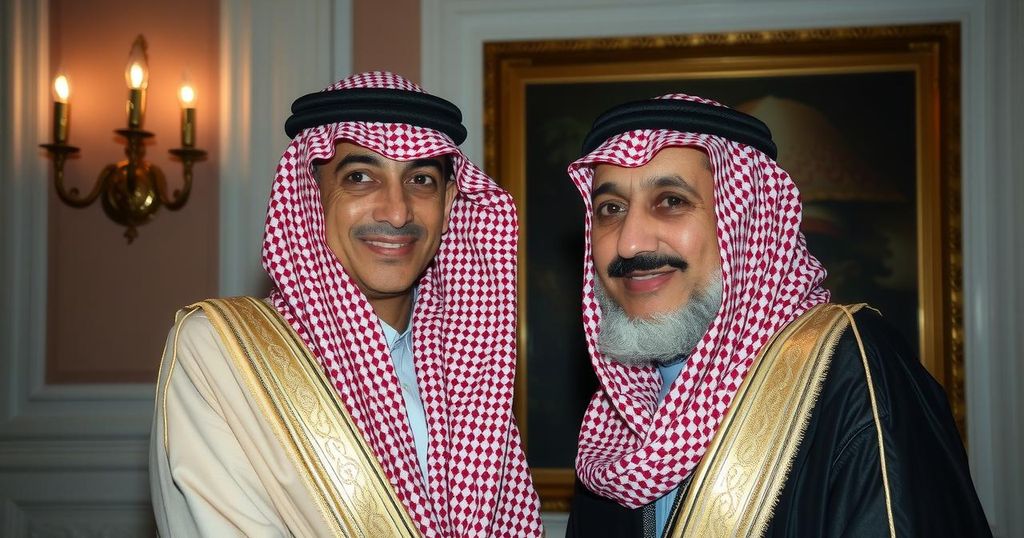General Joseph Aoun Elected President of Lebanon Amidst Political Crisis

General Joseph Aoun’s election as Lebanon’s president ends a two-year power vacuum while offering hope for political and economic reform. Amidst regional support and backing from key political factions, Aoun aims to strengthen the military and address Lebanon’s significant challenges. His presidency is seen as a pivotal opportunity for Lebanon to unify and pursue essential reforms to overcome its crises.
General Joseph Aoun was elected as Lebanon’s 14th president on Thursday, marking the end of a political stalemate that persisted for over two years. This pivotal moment arrives as Lebanon faces a multitude of challenges, including a severe economic crisis and the lingering effects of the conflict between Hezbollah and Israel. Aoun, a significant figure in Lebanon’s military, played a crucial role in maintaining a ceasefire and overseeing army operations in southern Lebanon, particularly as Israeli forces withdrew. His election, achieved during a second parliamentary vote that garnered 99 votes, signals a critical compromise among Lebanese political factions, particularly amidst a backdrop of failed attempts to select a president over the past months.
Aoun’s first address as president emphasized the strengthening of military capabilities and unification efforts aimed at securing Lebanon’s borders and combating terrorism. He is expected to lead reconstruction initiatives following extensive war damages. His military background positions him as a unifying figure amidst Lebanon’s complex sectarian and political landscape, having previously maintained the neutrality of the armed forces during domestic and regional conflicts.
The presidential election saw notable diplomatic backing, with representatives from Saudi Arabia, the US, and France present, reflecting broad regional and international support for Aoun. Notably, both Hezbollah and the Amal Movement endorsed his candidacy, solidifying the necessary votes for his election. While several factions opposed his nomination, arguing it was influenced by external pressures, the overall reception has been positive. Leaders from various countries, including King Salman of Saudi Arabia and French President Emmanuel Macron, have congratulated Aoun, viewing his presidency as a potential turning point for reforms and recovery in Lebanon.
Aoun’s presidency coincides with urgent demands for reform to address Lebanon’s profound economic crisis, which has been characterized by widespread financial instability and public dissatisfaction. The success of Aoun’s administration will depend upon his ability to forge a consensus within the Lebanese political sphere to create a functional government capable of addressing the nation’s pressing issues.
Lebanon has been embroiled in a prolonged political crisis characterized by a significant power vacuum following the expiration of former president Michel Aoun’s term in October 2022. The election of General Joseph Aoun marks a much-needed turning point in the country’s governance, amid a backdrop of severe economic challenges, sectarian divisions, and the recent history of conflict involving Hezbollah and Israel. Aoun’s election reflects a politically nuanced landscape that has required negotiations and compromises among various factions, highlighting the complexity and fragility of Lebanese politics as the nation seeks stability and recovery.
The election of General Joseph Aoun as Lebanon’s president symbolizes a hopeful shift towards resolving the nation’s ongoing political crises and addressing pressing economic challenges. Supported by various political factions and backed by regional and international leaders, Aoun must navigate a path toward reconciliation and thorough reforms. His military experience and commitment to maintaining stability are crucial in fostering a unified effort to rebuild Lebanon and restore its sovereignty and prosperity.
Original Source: www.arabnews.com








